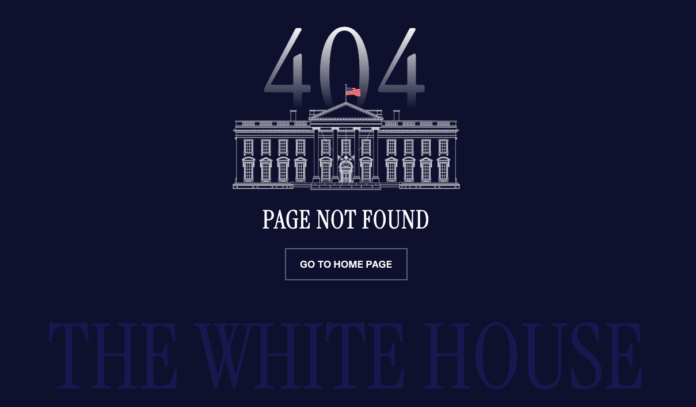
By
Among the many, many programs and initiatives established by the Biden Administration that President Donald Trump sought to end at the very outset of his second term in office was Justice40. Enacted through an executive order shortly after Biden himself took office in 2021, Justice40 set a goal across federal agencies to direct at least 40% of spending on climate and related issues toward frontline communities — which often happen to be predominantly Black and Brown and poor, too.
The initiative represented a historic shift in the federal approach to climate issues: it has long been understood that Black and Brown Americans bear a disproportionate risk from the climate crisis, not to mention the ongoing burden of being exposed at a higher rate to industrial pollution, and the Biden Administration was finally making it so government spending reflected that reality.
But now, just like seemingly every other government-related effort that celebrates any minority group or attempts to address any inequity they experience, both Justice40 and also the great environmental justice approach taken by departments like the Environmental Protection Agency in recent years are being stamped out by Trump.
“The lawyers are ready,” Robert Bullard, the father of the environmental justice movement and the founding director of the Bullard Center for Environmental and Climate Justice, told Inside Climate News. “We’ve got to fight to make sure we don’t roll over and let things happen to us, but be ready and prepared to fight back,” he said.
While DEI has quickly become both a four-letter word and the go-to scapegoat for the second Trump Administration — blamed even for the mid-air collision of a passenger jet and a military helicopter over the Potomac last week — many of the executive actions being taken on DEI programs are also affecting environmental justice too as both a phrase and an approach to governance.
Trump’s executive order ending all DEI positions in the federal government, for example, also applies in practice to environmental justice. A follow-up memo from the Office of Personnel Management said, “In accordance with that order, each agency, department, or commission head shall take action to terminate, to the maximum extent allowed by law, all DEI, DEIA, and environmental justice offices and positions within sixty days.”
The page on environmental justice that had been on the White House website has been removed, as well as the official Justice40 website (as well as many but not all pages pertaining to the program that were on the website of individual agencies). There are concerns too that the administration might also scrap the $1 billion in environmental justice community grant money, funded through the Inflation Reduction Act, which has yet to be awarded (there are also awarded grants that have yet to be paid out that seem in limbo now as well).
Justice40 applied to federal investments in a number of areas that, together, provide a broad definition of both the climate crisis and of arenas where Black and Brown Americans have long been disadvantaged or suffered disproportionate effects: Climate change, clean energy and energy efficiency, clean transit, affordable and sustainable housing, training and workforce development, remediation and reduction of legacy pollution, development of critical clean water and wastewater infrastructure.
(This is the exact language for how the covered areas were named in the memo that codified Justice40, which is no longer on the White House website.)
While it was widely expected that the Trump administration’s approach to climate issues would be in contrast to Biden’s, the tact the President has taken thus far makes his first-term climate policy look practically woke in comparison. When Scott Pruit was EPA administrator during the first Trump administration, he once said environmental justice was “critical to improving environmental and public health outcomes.” Even if that was lip service, it’s hard to imagine the new administrator, Lee Zeldin, even saying such a thing — never mind actually doing anything about it.


